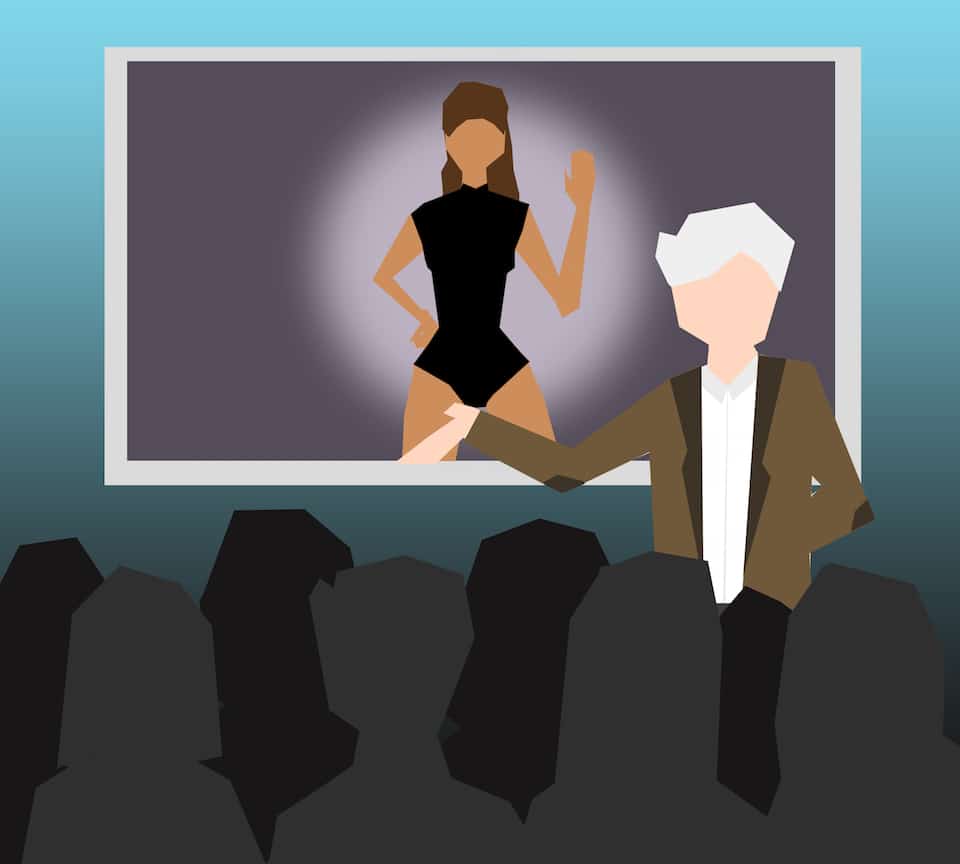[dropcap]S[/dropcap]tudents at the University of Waterloo can now take a course titled “Gender and Performance”, which makes use of Beyoncé’s eponymous album to explore the themes of race, feminism, and sexuality. This is not an isolated incident; in fact, the CBC published an article listing instances in which “pop culture invades university courses.”
While such pop culture may get a bad rep for being shallow or overly commercial, it nevertheless is a topic that is ripe for academic analysis. By definition, pop culture reflects what society en masse finds intriguing or worth promoting; in turn, we can evaluate why such phenomena have so much social currency, and to what extent it is desirable or not.
The integration of pop culture is first and foremost an effective approach at teaching university courses; it can easily make dense theories and abstract concepts more relatable and thus accessible. For instance, it is not hard how to see a course on Jay-Z and Kanye West in relation to the American Dream offered at the University of Missouri could be more compelling to students in 2016 than Arthur Miller’s Death of a Salesman. Students are more likely to identify with, or at least know of, Jay-Z and West’s material, given it’s contemporary nature.
Integrating pop culture into the classroom would also teach students to be more critical of the media they consume. I have learned valuable lessons from recent pieces of pop culture that I have consumed.
Take Aziz Ansari’s recently released show, Master of None, which touches upon topics like casual racism and cultural diaspora. Its second episode, “Parents,” is notable for an eerily accurate portrayal of the jagged relationship between immigrant parents and their children.
By highlighting the lack of knowledge (and consequent discomfort) the protagonists had of their parents’ immigration journey and sacrifices, Master of None was commenting on the profound strains a family faces when members are raised in completely separate cultures. Given that my parents immigrated to Canada in 1989, eight years before I was born, this episode also helped me better grasp the struggle my parents faced in immigrating to a foreign country.
In a similar vein, Jessica Jones is a show can be studied as one representation of how survivors of sexual assault deal with post-traumatic stress disorder; the list of potential subjects of study are endless. In fact, when taking a larger look at pop culture, it becomes increasingly clear that there is no reason for it not to be a valid object of academic analysis.
With regards to employability, there may very well be a stigma towards pop culture and courses that use it as a learning device, but rarely will an employer look at the full course list of a university graduate. With more jobs in media, the integration of pop culture may even be a welcome change to some employers. A degree in sociology is still a degree in sociology, even if you used Beyoncé to understand certain concepts.
Avneet Sharma is a first-year student at Trinity College studying English and cinema studies.


